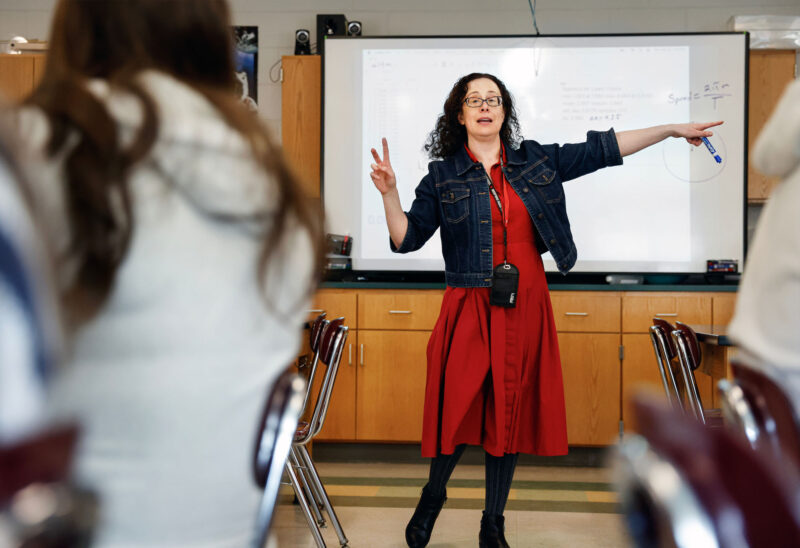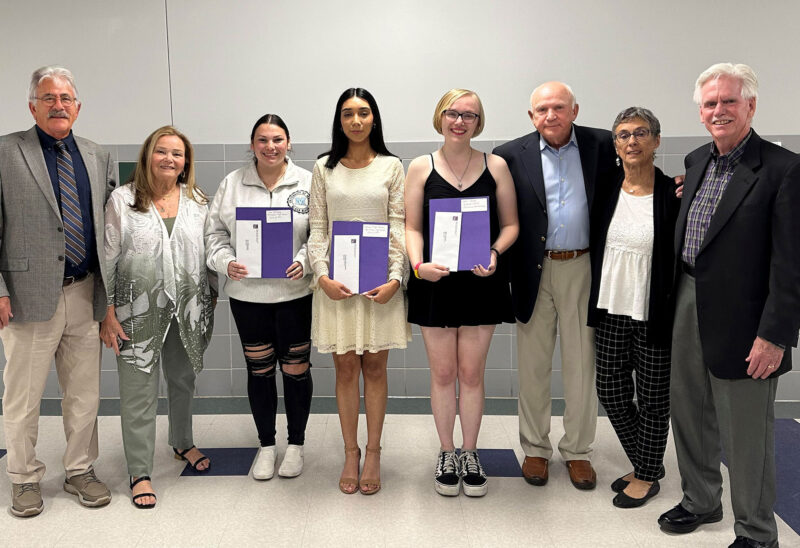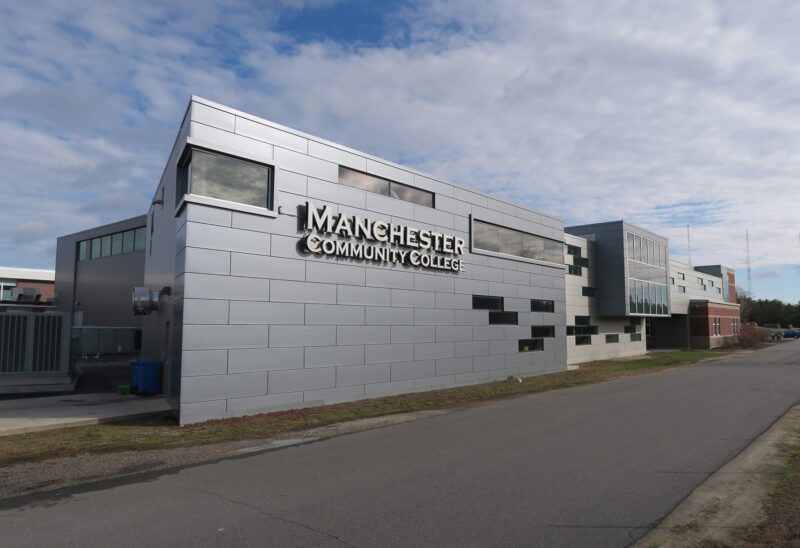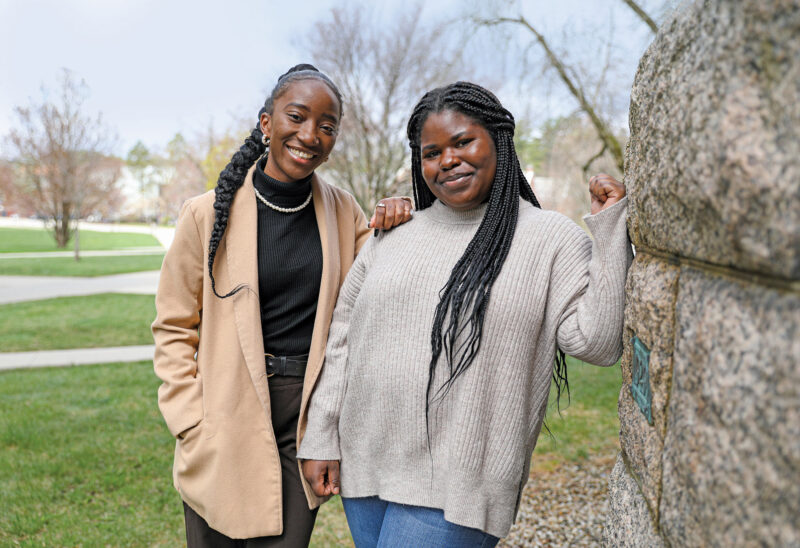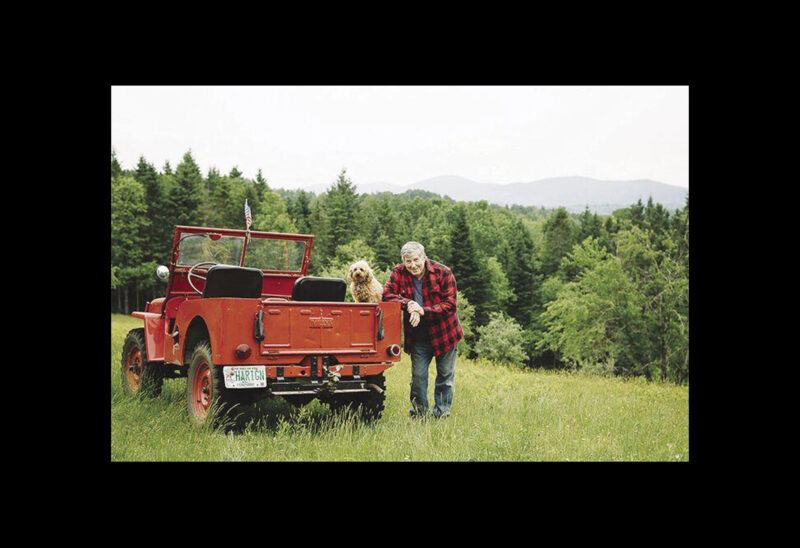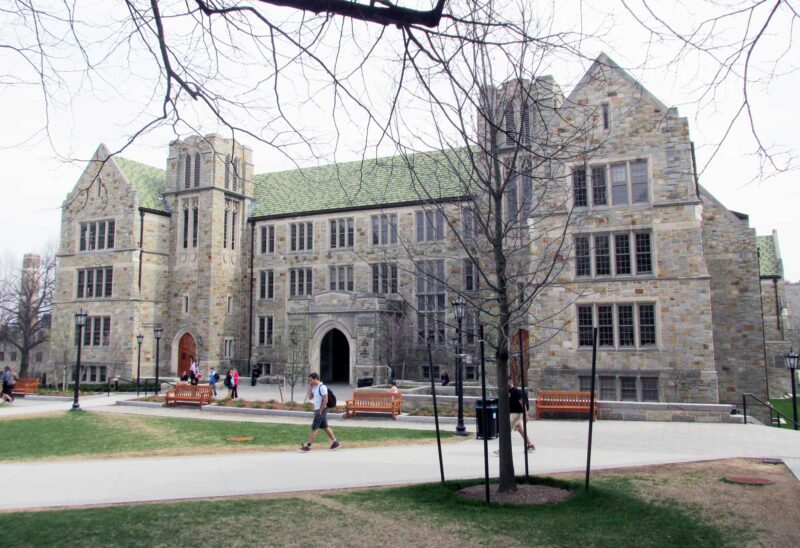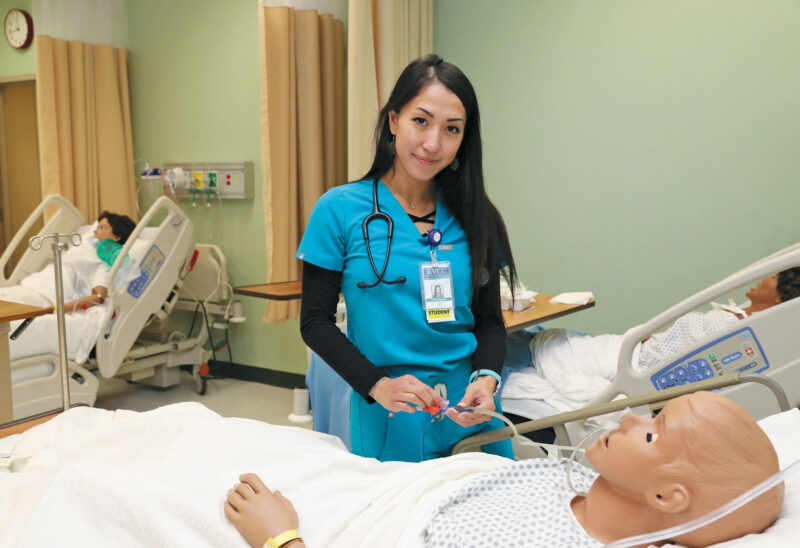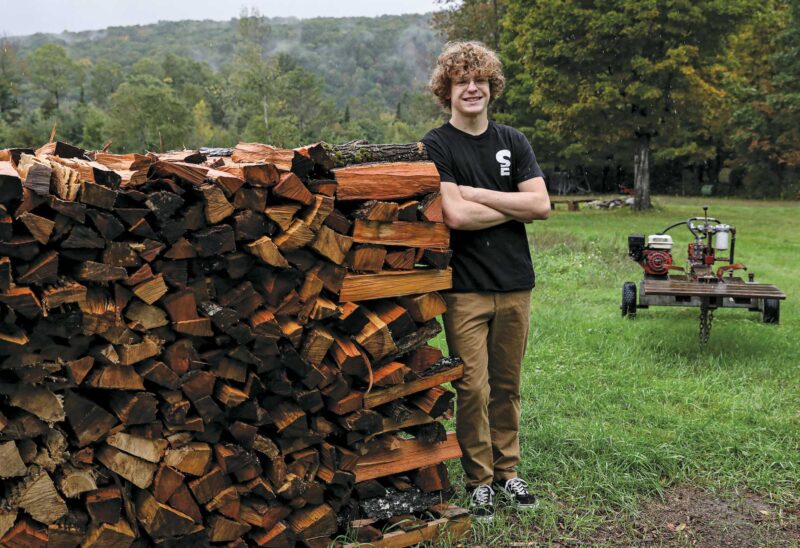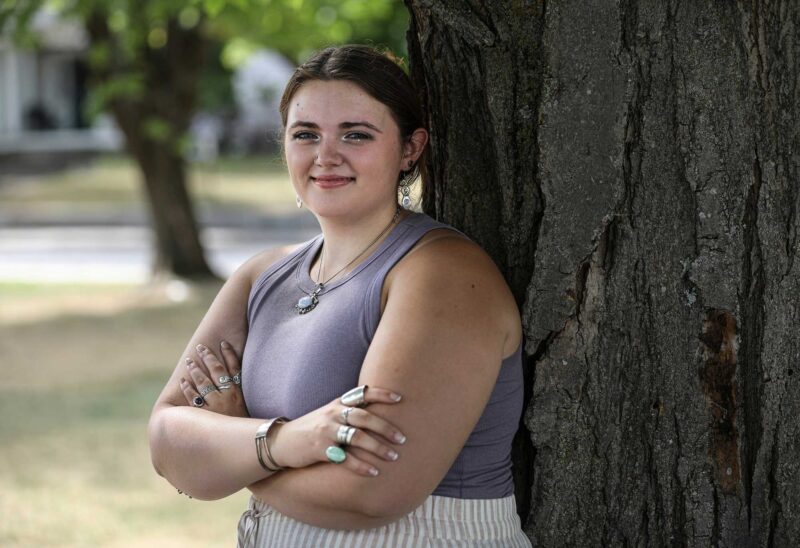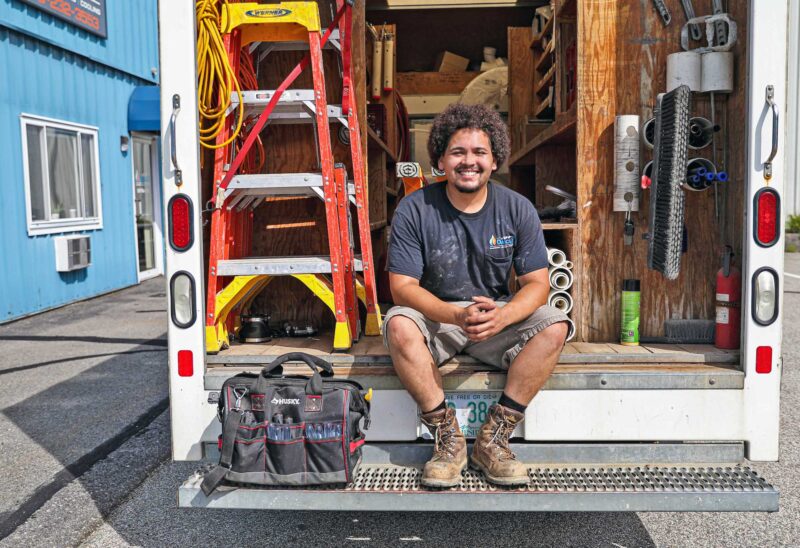Hussain Amiri remembers where he came from.
He remembers hardships his family endured in Afghanistan, losing his father to the Taliban, fleeing to a refugee camp in Pakistan and having to work to support the family, even as a six-year-old.
He remembers how important it was to study, even as a six-year-old.
He also remembers moving as a teenager to New Hampshire and feeling isolated because he spoke no English.
Now, at 24, Hussain lives in Concord with his mother and three younger brothers. In addition to fluent English, he speaks four languages of Afghanistan and Pakistan: Dari, Pashto, Hindi and Urdu.
And, because he remembers where he came from, he is using his studies and his languages to support his family and help others whose experiences he knows all too well.
Hussain is studying at Plymouth State University for a career in computer science. A Foundation scholarship has helped him afford school. He also works as a case manager at Building Community in NH, a nonprofit organization that helps refugees as they build new lives in New Hampshire.
Hussain works with refugees from Afghanistan who are being resettled in New Hampshire by the U.S. State Department. He meets people at the airport, helps find them places to live and work, acts an interpreter and basically is a phone call away. (The work of Building Community in NH complements that of Ascentria Care Alliance, a nonprofit that is helping to resettle refugees from Afghanistan in New England.)
“When I came here, as a non-English speaker, it was really hard,” Hussain said. “The first day we were crying because we were not able to communicate with anybody; we were not able to get help.
“So, it feels good to be able to help now. People call me all the time.”
Hussain was the first from his village to graduate from high school. He is the first from his family to attend college. The barriers he faced were significant: As a youngster, he collected and sold firewood and made carpets to help support his family, then studied at night. After enduring war and trauma, his family arrived in Concord with only what they carried and very little idea of what to expect. Hussain learned English from scratch as a teen, while going to school and working.
“I did not have a lot of opportunities to study like other kids,” he wrote in his scholarship application. “I had to study at night, under the lamp, while others were sleeping.”
Hussain’s dream is to use computer science for the greater good. He wants to develop “something amazing” that helps a lot of people. Today, he’s using his computer know-how to organize data to help refugees connect with their new communities, find jobs and achieve their goals.
Hussain is in his fourth semester of part-time study at Plymouth State, juggling class work with his job. He’s up early, working several hours in the morning before his 45-minute drive to classes, then working three or four hours after returning home in the evening.
“I’m good with time management,” he said.
Hussain works hard to be a role model for refugee children who share the same experiences he had — because he remembers where he came from.
“I believe that I can do it by education,” he said, “and this is the best way to prove to everyone in the world that poor kids and orphan kids can achieve what we are dreaming.”

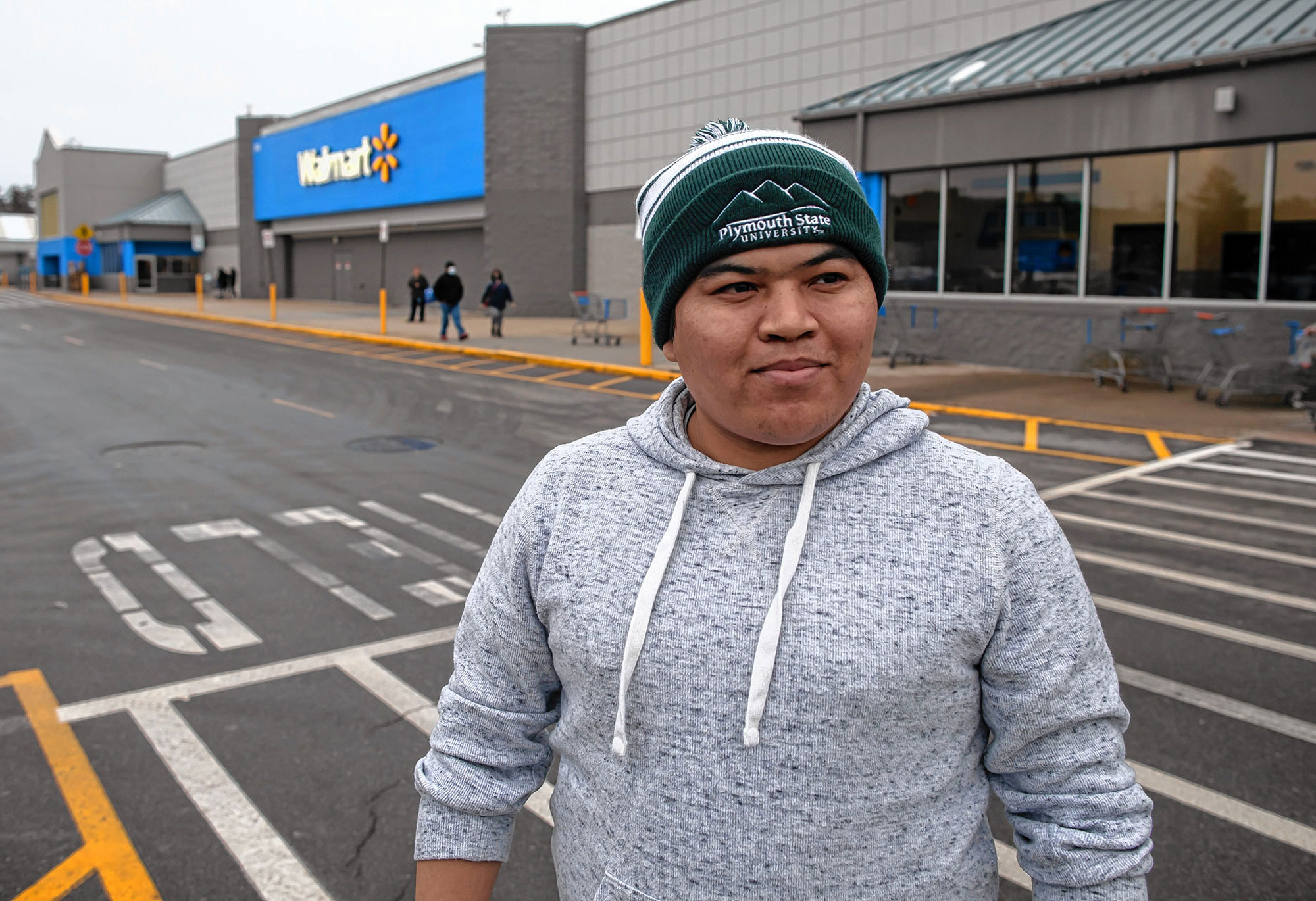






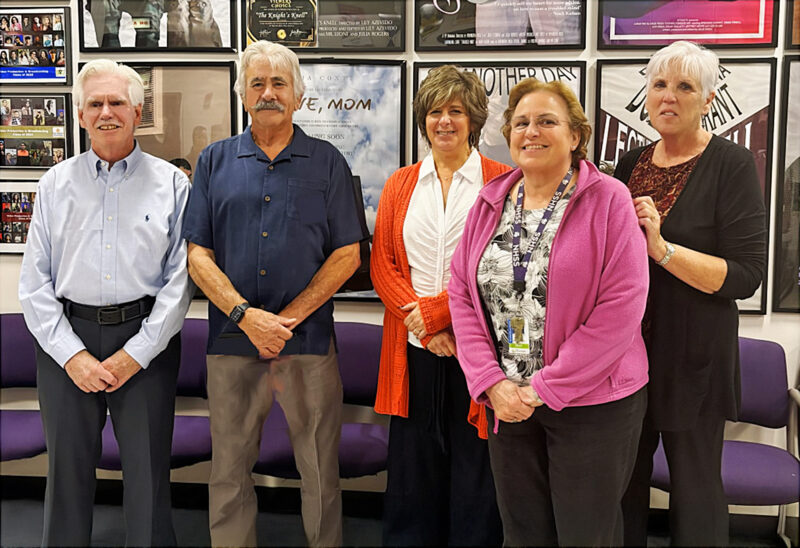
![Oluwakemi Olokunboyo of Dover received a McNabb scholarship to study nursing at Great Bay Community College [Photo by Cheryl Senter]](https://www.nhcf.org/wp-content/uploads/2024/05/Scholarship-Hero-800x548.jpg)
